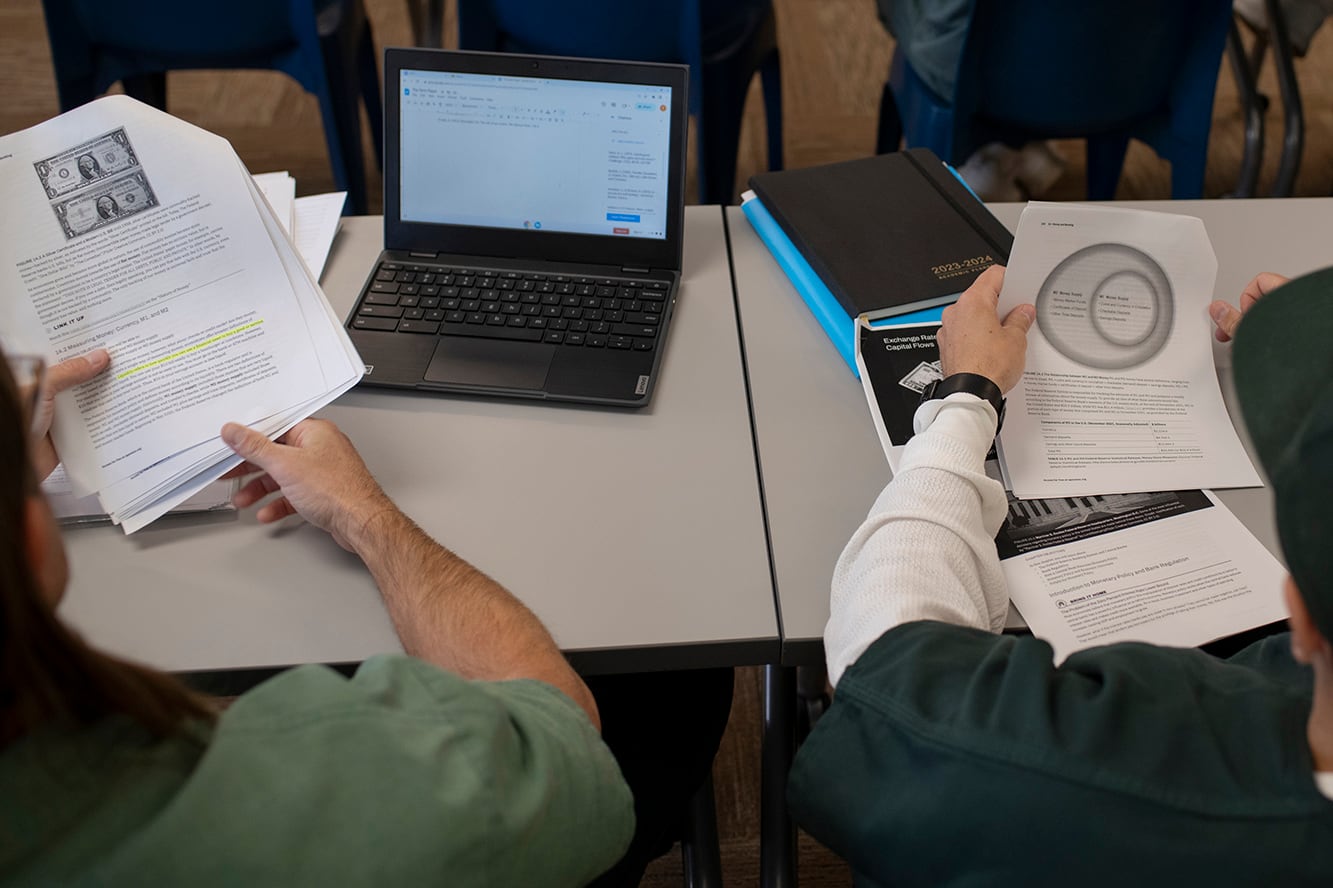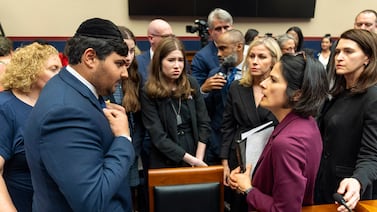Sign up for our free monthly newsletter Beyond High School to get the latest news about college and career paths for Colorado’s high school grads.
Some incarcerated Colorado students who committed nonviolent offenses have taken college classes for the last year with the understanding they would earn an early release.
But because of a conflicting law on the books, a law passed last year never worked as intended. Instead, state Rep. Matthew Martinez, a Monte Vista Democrat, said he got letters from incarcerated students and calls from families across the state because incarcerated family members couldn’t shave off as much time as promised from their sentences for earning an associates, bachelor’s, or master’s degree.
“There’s just been a lot of heartache that their student had made significant progress on their degree,” Martinez said. “And then they were being told that they weren’t able to receive the maximum amount of time.”
Martinez and the Colorado General Assembly say they’ve fixed that problem this year, allowing students to get up to two years off their sentence. House Bill 1461 has passed both chambers and awaits Gov. Jared Polis’ signature.
Under the conflicting state law, people incarcerated in the state’s prisons can only get up to 30% of their sentence forgiven. Martinez said the state corrections department was only granting students 120 days off their sentences, when the law passed last year should have allowed them to get between six months and two years shaved off.
About 270 incarcerated students are taking college classes and eligible for a sentence reduction, Martinez said.
Under an expansion of the Second Chance Pell program, more incarcerated students are eligible to get federal funds to attend college. Colorado is one of the first states in the nation to also employ incarcerated professors to help educate students in prison.
House Bill 1461 clarifies that the state wants to give incarcerated students who committed a nonviolent offense more of an incentive to get a college education. For earning a college certificate, students can get six months of forgiveness. For earning an associate or bachelor’s degree, they can get one year. And for earning a master’s degree, students can get two years reduced from their sentence.
The “technical cleanup” bill restores hope and inspiration to students and families, Martinez said. And he said it shows that education can help students find a way out of prison, as well as stay out.
“This is something that we can do that can not only get families back together, but really reduce the recidivism here in the state of Colorado,” Martinez said.
Jason Gonzales is a reporter covering higher education and the Colorado legislature. Chalkbeat Colorado partners with Open Campus on higher education coverage. Contact Jason at jgonzales@chalkbeat.org.






